Optimal Timing for Foundation Repairs
Foundation repairs are essential for maintaining structural integrity and preventing further damage. The timing of repairs can influence their effectiveness and longevity. Understanding seasonal conditions and soil behavior helps determine optimal periods for addressing foundation issues.
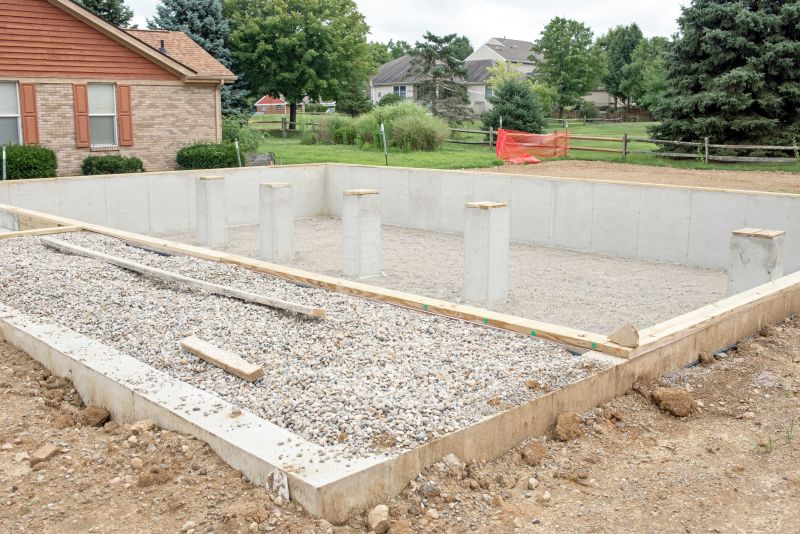
Spring's moderate temperatures and soil moisture levels can facilitate effective repairs, reducing the risk of future shifting.
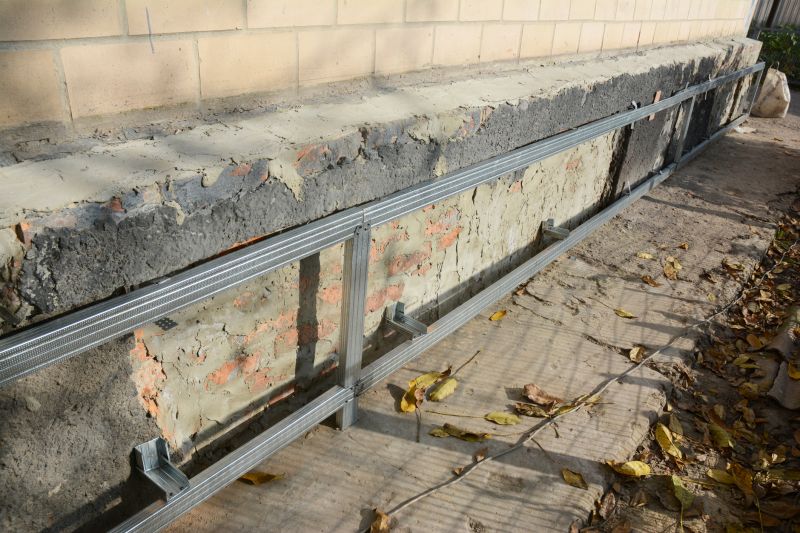
Summer offers longer days and dry weather, ideal for certain repair methods, though high temperatures can pose challenges.
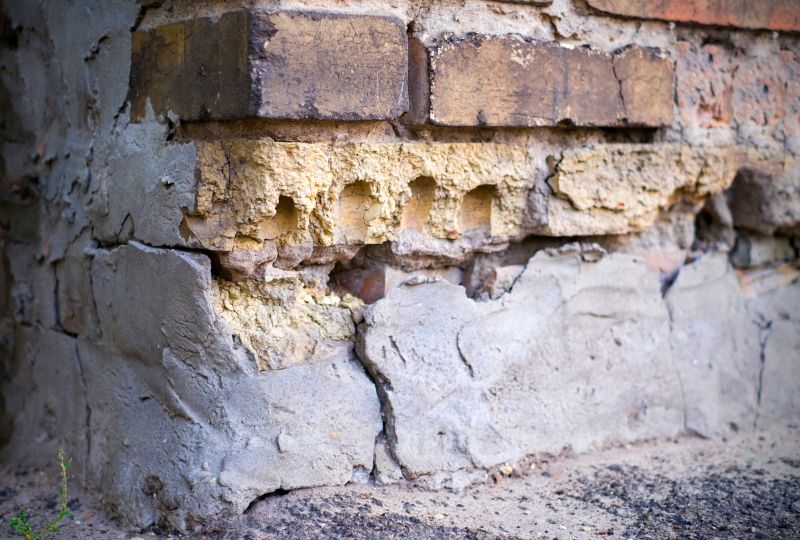
Fall's cooler temperatures and reduced moisture levels can be suitable for repairs, with less risk of soil expansion.
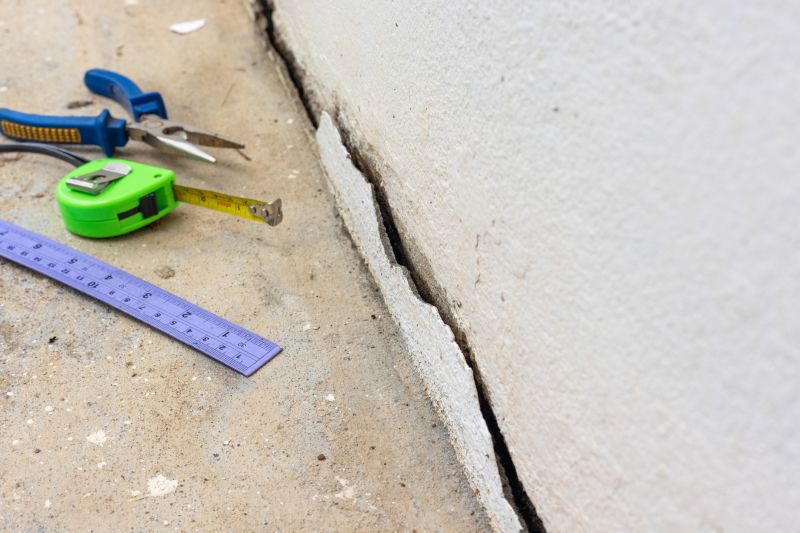
Ways to make Foundation Repairs work in tight or awkward layouts.
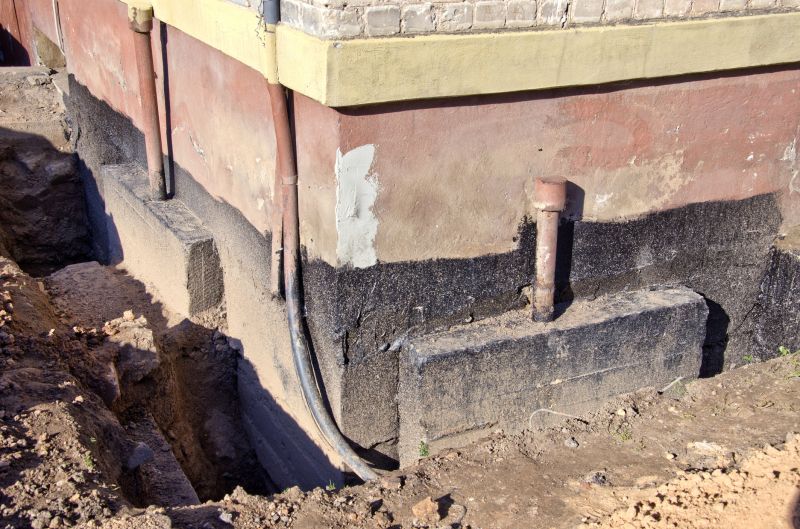
Popular materials for Foundation Repairs and why they hold up over time.
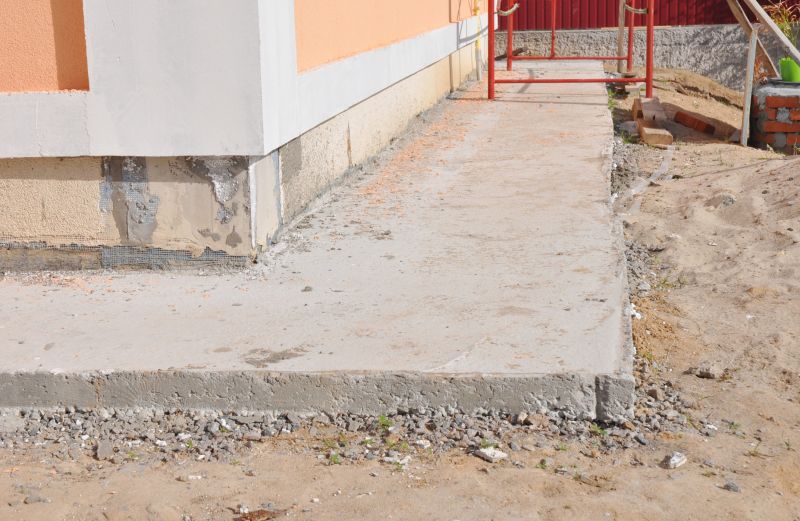
Simple add-ons that improve Foundation Repairs without blowing the budget.
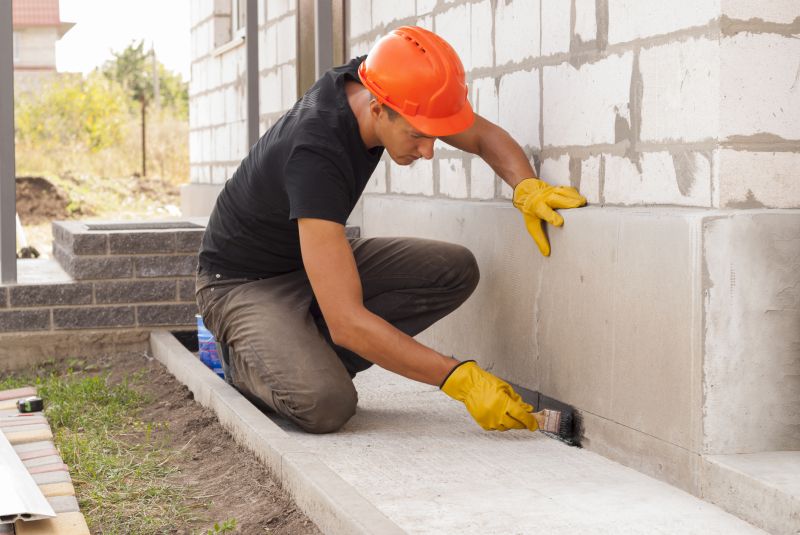
High-end options that actually feel worth it for Foundation Repairs.
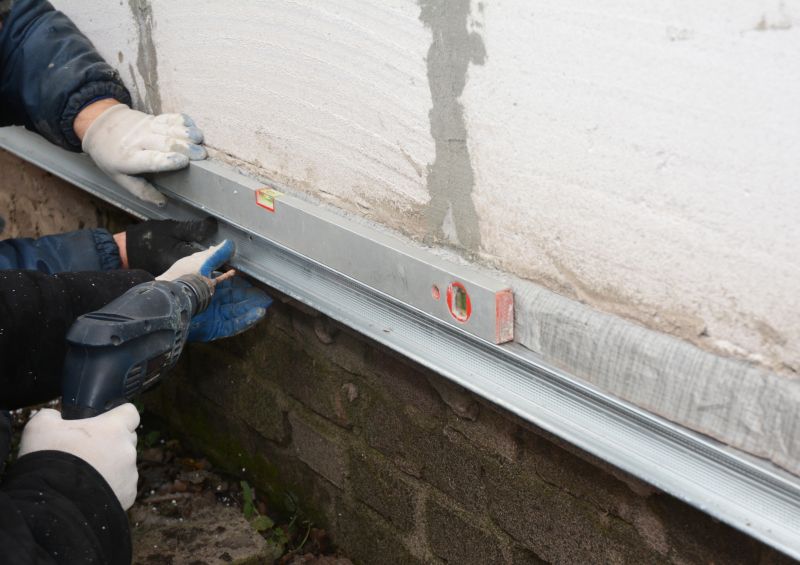
Finishes and colors that play nicely with Foundation Repairs.
Soil expansion and contraction due to moisture levels impact foundation stability, influencing repair timing.
Weather forecasts and soil moisture levels should guide scheduling foundation repairs for optimal results.
Regular inspections can identify issues early, allowing repairs to be scheduled during the most favorable seasons.
Regional climate patterns influence soil behavior, making seasonality a key factor in planning repairs.
Foundation repairs involve addressing issues such as cracking, settling, and shifting that compromise a building’s stability. These repairs often include underpinning, piering, or stabilization techniques tailored to soil conditions and structural needs. Proper timing ensures the use of suitable materials and methods, reducing the risk of recurring problems.
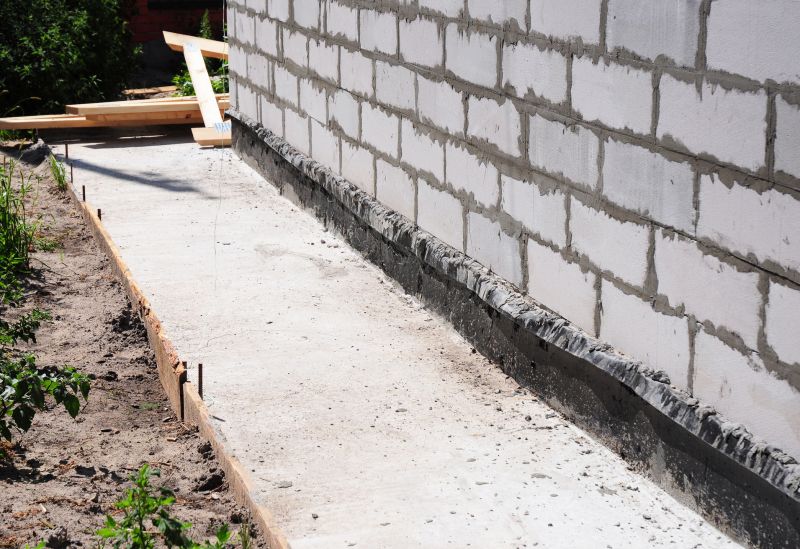
Visual depiction of underpinning and stabilization methods used in foundation repair.
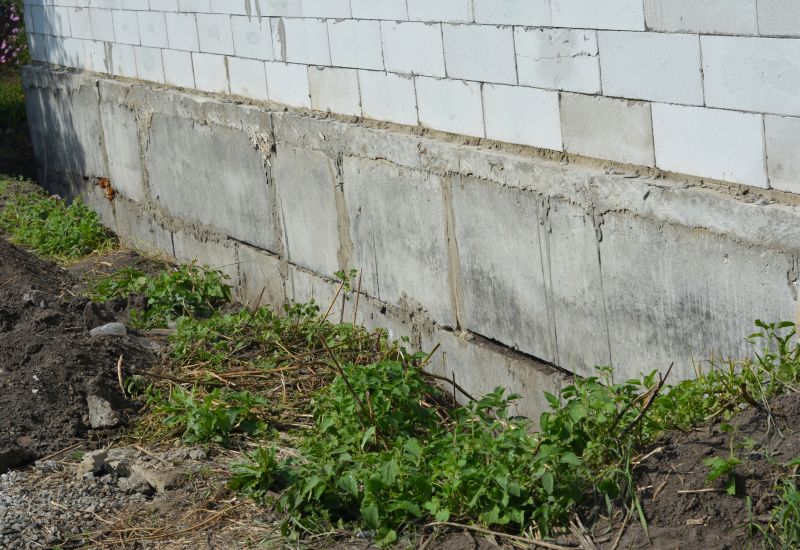
Images showing soil treatment techniques to prevent future shifting.
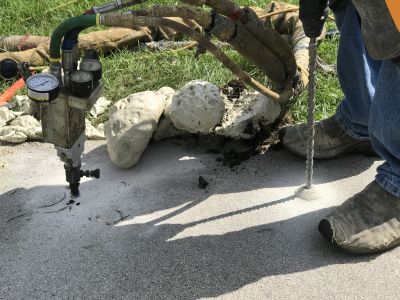
Tools and machinery used for foundation stabilization and repair.
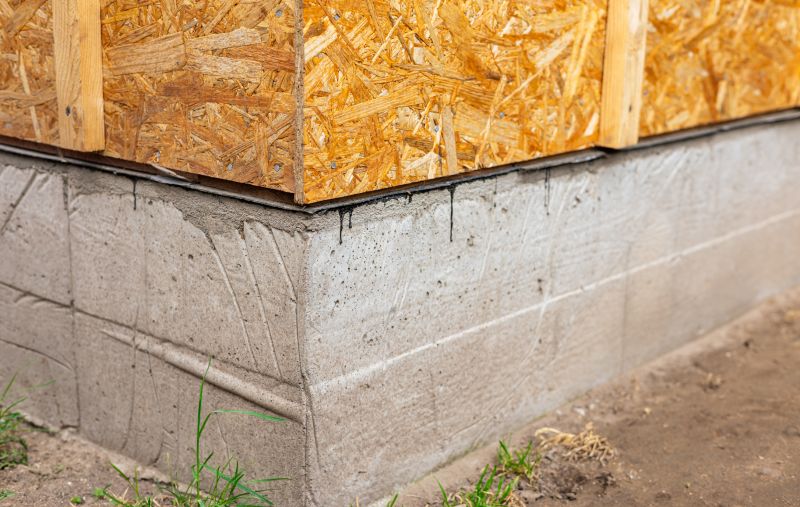
Before and after images of successful foundation repairs.
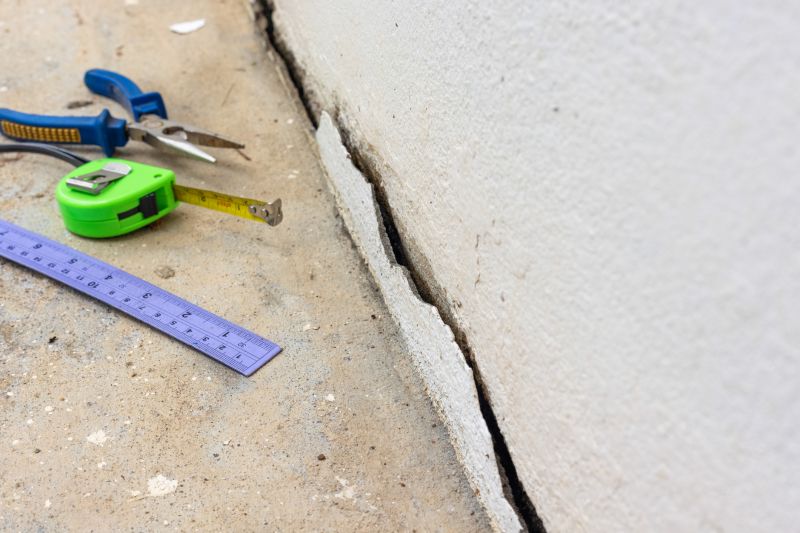
Little measurements that prevent headaches on Foundation Repairs day.
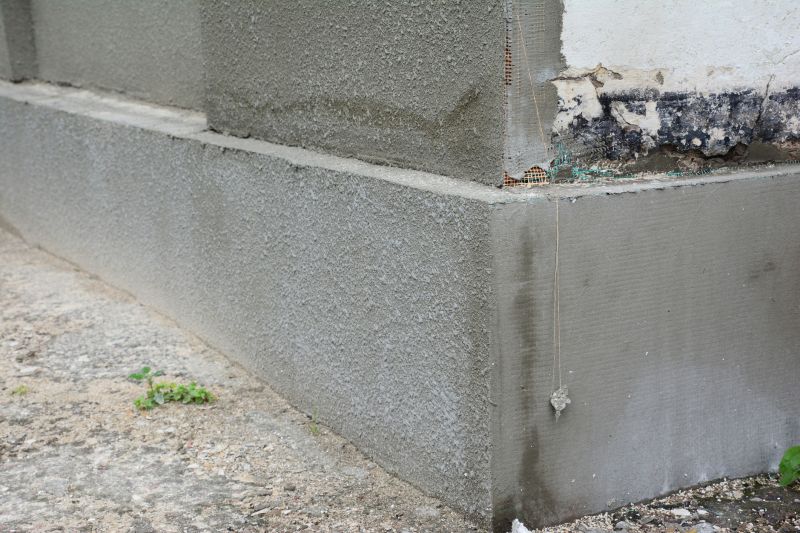
A 60-second routine that keeps Foundation Repairs looking new.
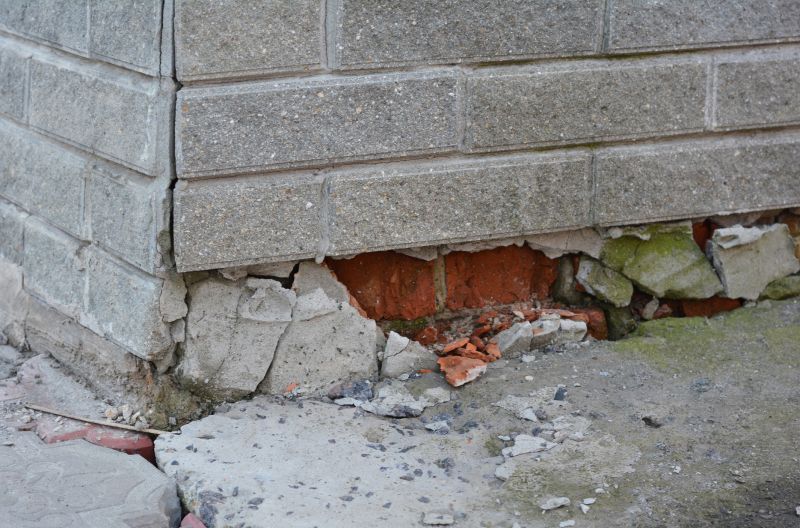
A frequent mistake in Foundation Repairs and how to dodge it.
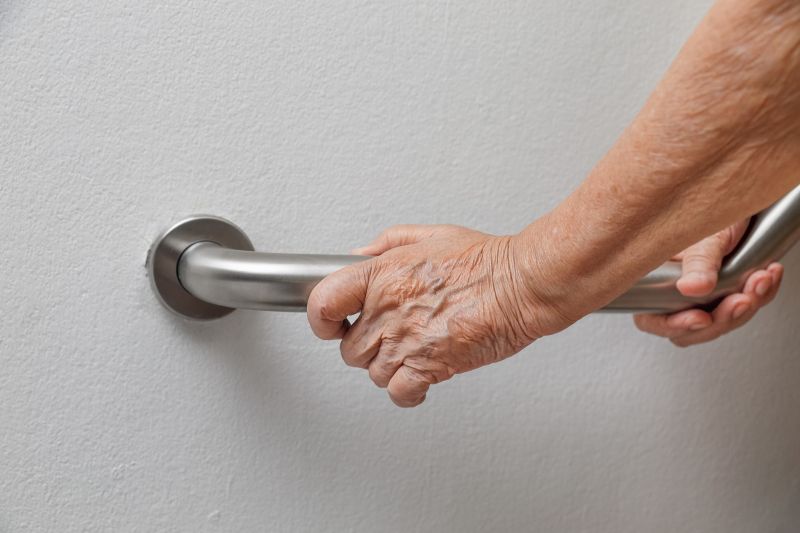
Small tweaks to make Foundation Repairs safer and easier to use.
| Season | Ideal Conditions |
|---|---|
| Spring | Moderate moisture, stable temperatures |
| Summer | Dry weather, longer days |
| Fall | Cooler temperatures, less moisture |
| Winter | Not recommended due to freezing conditions |
Understanding the regional climate and soil behavior is crucial for scheduling foundation repairs. Proper timing not only enhances repair durability but also minimizes disruptions and costs. Consulting with foundation specialists can help determine the most suitable period for addressing specific issues.
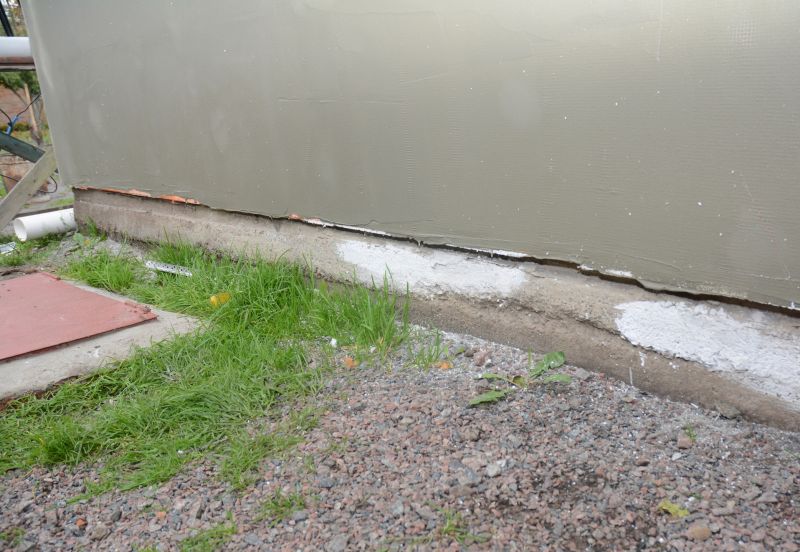
Visuals of professional assessments to determine repair timing.
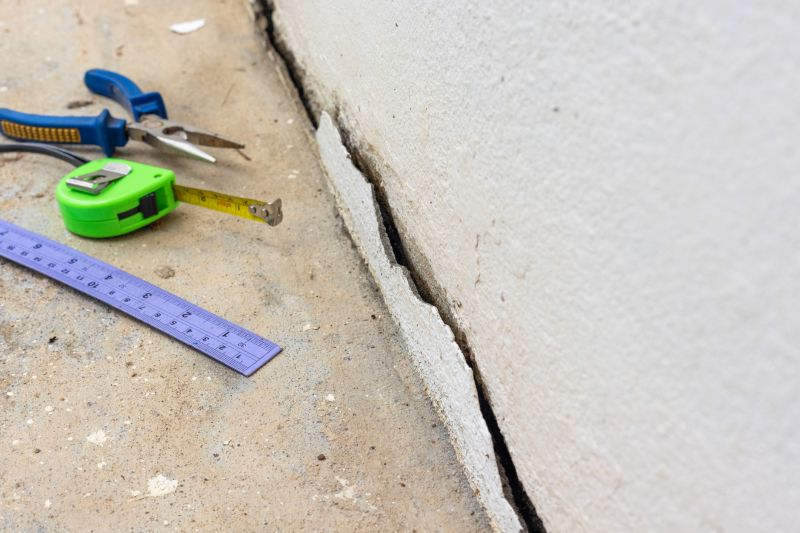
Scheduling tools and planning stages for foundation work.
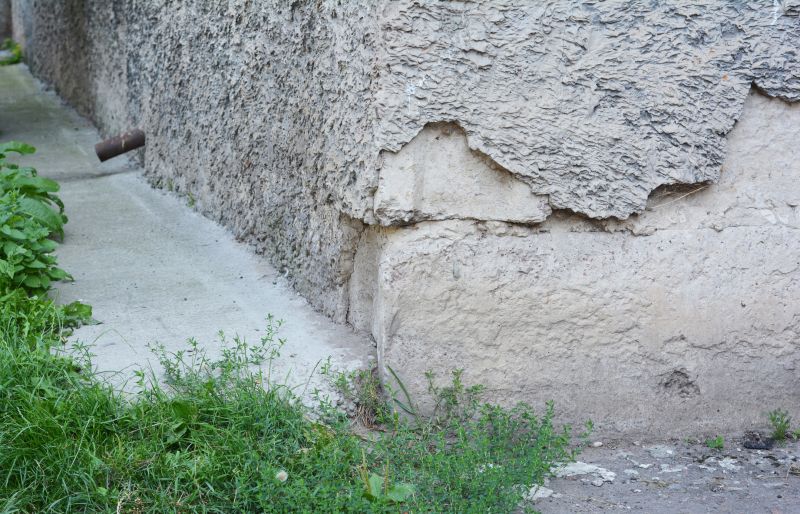
Weather patterns influencing repair scheduling.
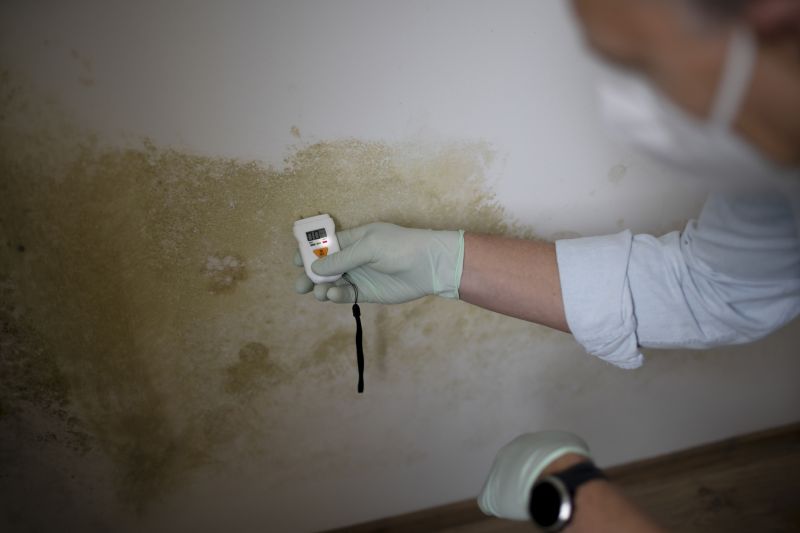
Devices used to measure soil conditions before repairs.
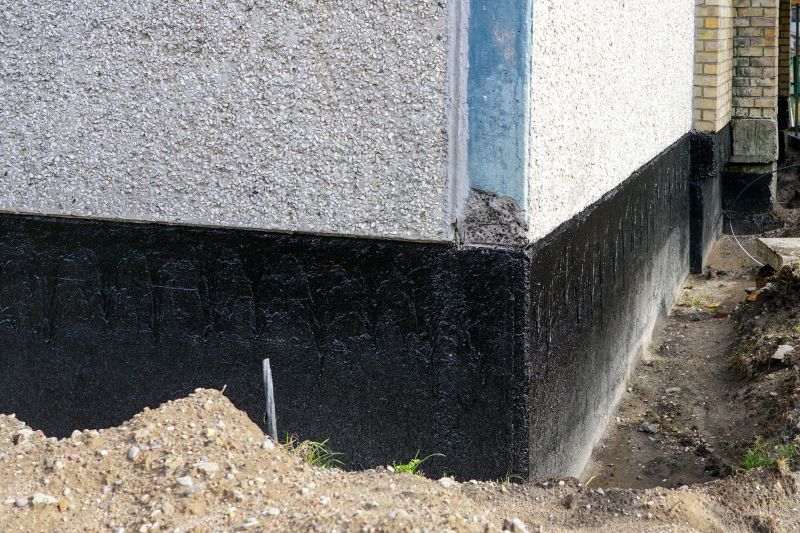
Lower-waste or water-saving choices for Foundation Repairs.

The short, realistic tool list for quality Foundation Repairs.
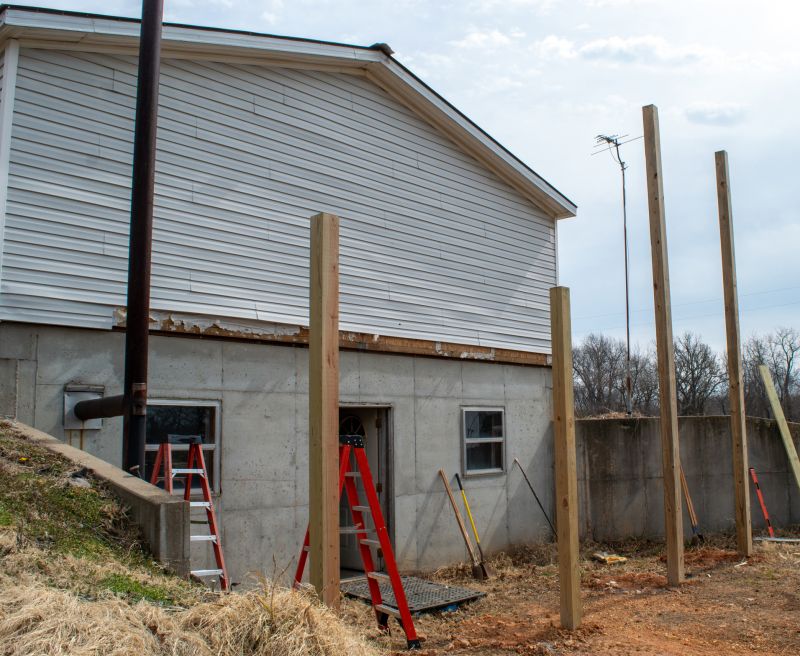
Rough timing from prep to clean-up for Foundation Repairs.
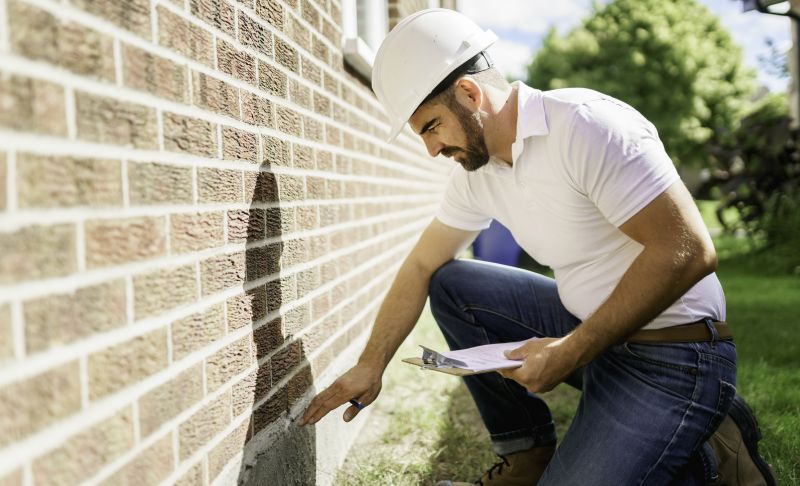
Quick checks and paperwork to keep after Foundation Repairs.
Timely foundation repairs are vital for preserving property value and safety. Recognizing the best seasons for repairs based on local climate and soil conditions can lead to more effective and lasting solutions. Regular evaluations help identify issues early and plan repairs at optimal times.
Interested in foundation repairs? Fill out the contact form to discuss options.


